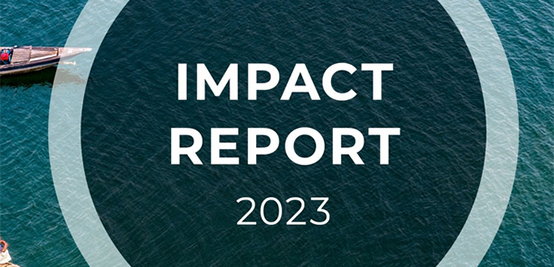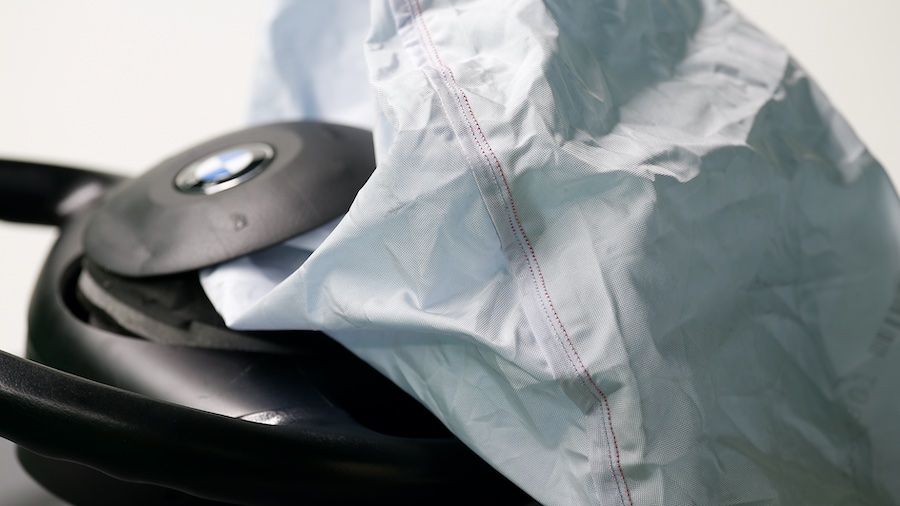#Recycling / Circular Economy
Successful pilot: biodegradable plastic produced from textile waste
The project focuses on old clothing and other fabrics collected in Rotterdam that can’t be repaired. Such textile waste is often challenging to recycle because it consists of fabric blends, such as cotton and polyester. Sorting this mixed waste for recycling is often too expensive or technologically unfeasible. The D4T project addresses this challenge by developing a network of technologies capable of processing non-rewearable, unsorted, difficult-to-recycle textile waste.
Through a series of innovative processes, researchers have successfully converted mixed textile waste into biodegradable polymers and synthesis gas (syngas)—valuable feedstocks with potential applications across multiple industries.?
In the pilot's first phase, the biotech start-up BioFashionTech used their novel enzymatic process to break down cellulose (such as cotton and viscose) in textile waste into glucose.?
The research company EV Biotech used this glucose to produce polyhydroxyalkanoates (PHAs), a biodegradable polymer that could replace conventional plastics in various applications. Remarkably, the quality of the textile-derived glucose was comparable to or even better than conventional glucose.
?As a final step, the applied research institution TNO processed the remaining non-cellulosic fibres, such as polyester and nylon, into syngas through a thermochemical gasification process. Syngas has many potential uses, primarily in the chemical industry—one of the leading industries in the Netherlands.
The pilot's successful results suggest a promising future for these technologies, which have the potential to be scaled and implemented in other Dutch cities. Additionally, the project highlights how this process could reduce reliance on glucose derived from food crops, contributing to more sustainable production methods.
Learn more about the project and its results.
https://www.circle-economy.com/resources/design-for-transformation














